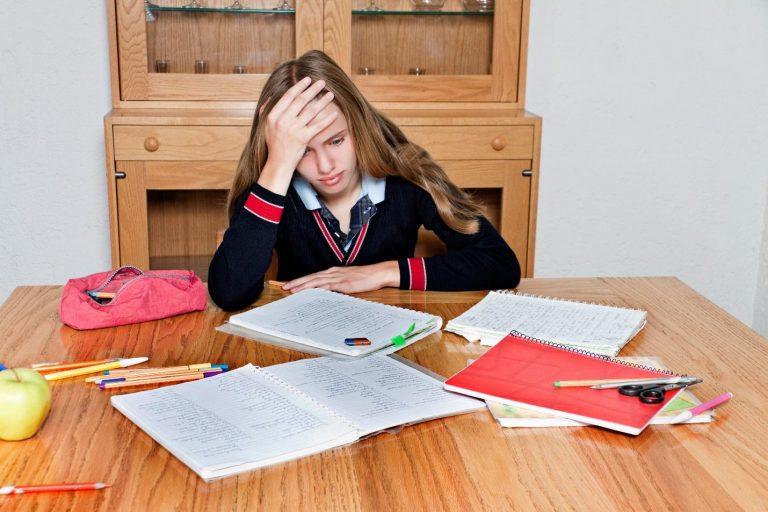Academic achievement and self-esteem go hand in hand, but the link is not as clear-cut as some might believe. Many assume that good school results lead to increased confidence in kids, but the reverse is also true.
Students who feel positive about themselves are more likely to perform better at school. According to Australian researcher Herb Marsh, “What people believe about themselves becomes a self-fulfilling prophecy.”
Professor Marsh, a psychology lecturer at the Australian Catholic University, has found that “academic achievement and self-concept are highly correlated and what I’ve been able to show is that, over time, better self-concept contributes to better achievement above and beyond what can be explained by prior achievement.”
What this means is that quality teaching is not enough, students also need to believe that they are good at a subject to achieve their full potential.
Why Self-esteem Matters
Self-esteem, or self-concept, influences how children approach tasks. It affects their level of effort and enthusiasm, which strongly affects performance. Professor Marsh claims that academic programs which focus only on improving ability but don’t address a student’s overall view of themselves are less likely to have long-lasting results.
He stated: “That’s why it’s such a hard job to be a good teacher, you not only have to improve achievement but students’ abilities in their mind.” This involves helping students to feel confident and equipping them with the resilience to handle failure.
A large part of a student’s self-concept is developed very early in their education, which is why it’s critical to cement basic skills early. Unfortunately, according to Marsh “most school curriculums are so busy that teachers can’t always give students enough time to learn basic skills, and little gaps at a young age become big gaps at an older age.”
A tutor can help give primary students the strong foundation they need to develop both academic skills and healthy self-esteem. This will set them up to feel good about themselves and enthusiastic about learning. These are the essential ingredients for school success.
What Can Parents Do?
*Encourage kids to be resilient and see failure as a learning opportunity, not evidence of weakness.
*Give constructive feedback when helping kids with homework. Focus on how kids can improve and emphasise that effort is more important than innate ability.
*Speak positively about all subjects. The way parents talk about their own experiences at school has a strong impact on the way students view these subjects. This is particularly true for kids in their first years of primary school.
*Discourage your child from developing a view of themselves as a verbal or maths person. The idea that students will be more capable in one area can lead kids to develop low self-esteem in other subjects.
*Allow plenty of time for your child to learn basic skills. According to Professor Marsh’s research, when students aren’t given enough time to master new skills this can affect them for the rest of their lives.
Self-esteem is vital for academic success in primary students.




